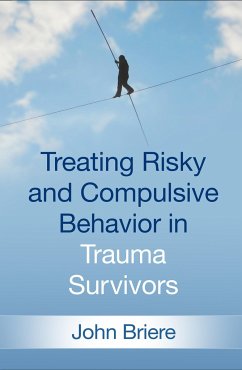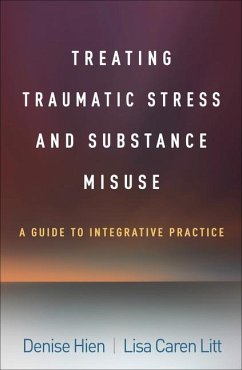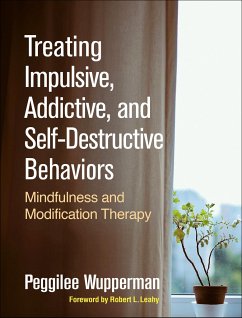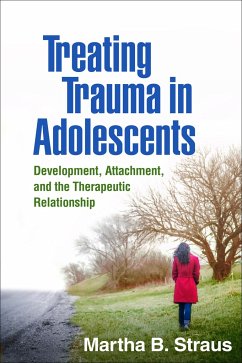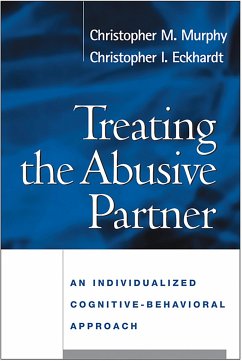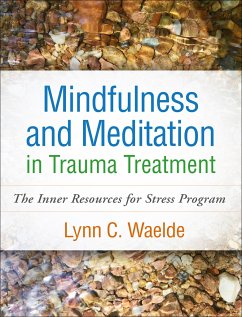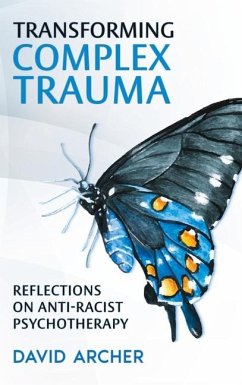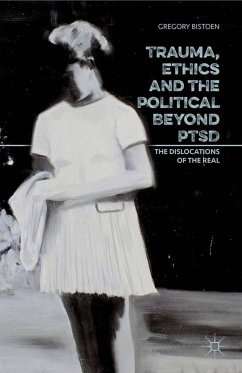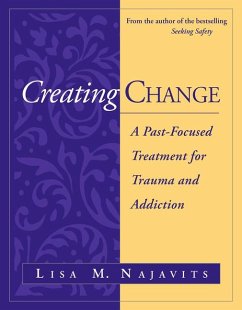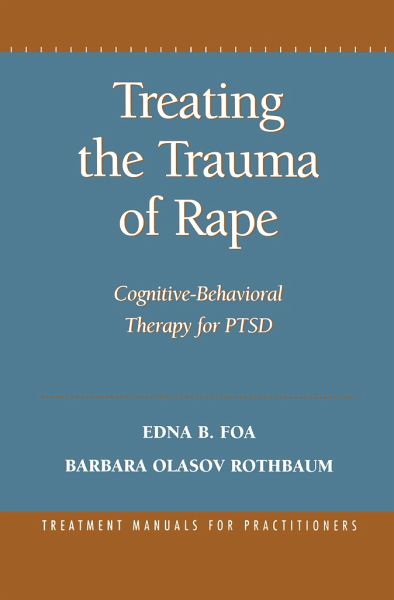
Treating the Trauma of Rape
Cognitive-Behavioral Therapy for Ptsd
Versandkostenfrei!
Versandfertig in über 4 Wochen
78,99 €
inkl. MwSt.

PAYBACK Punkte
39 °P sammeln!
In the U.S. alone, approximately 1.5 million adult female survivors of rape are estimated to suffer from chronic PTSD. This invaluable book--informed by the latest research and written by two of the leading authorities in the field--provides a step-by-step guide to proven brief therapy techniques for treating traumatized women. Filling an urgent need of front-line practitioners working within managed care guidelines, the book includes numerous case examples illustrating sensitive and effective information-gathering and intervention, as well as explanations of how to cope with common problems a...
In the U.S. alone, approximately 1.5 million adult female survivors of rape are estimated to suffer from chronic PTSD. This invaluable book--informed by the latest research and written by two of the leading authorities in the field--provides a step-by-step guide to proven brief therapy techniques for treating traumatized women. Filling an urgent need of front-line practitioners working within managed care guidelines, the book includes numerous case examples illustrating sensitive and effective information-gathering and intervention, as well as explanations of how to cope with common problems and complications in treatment.




